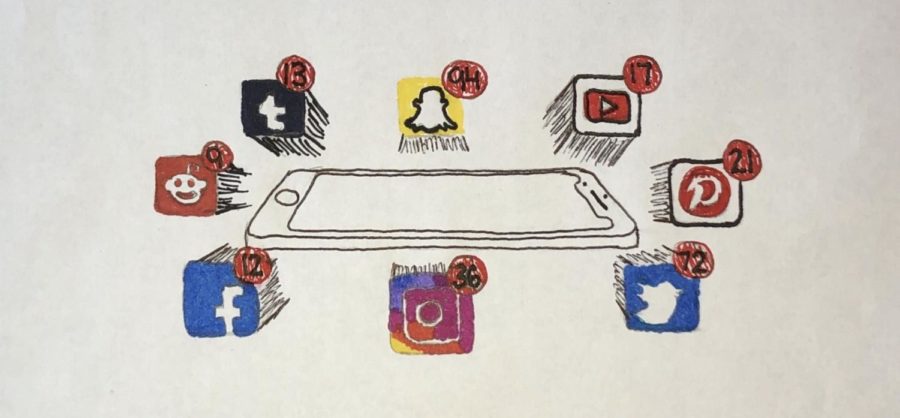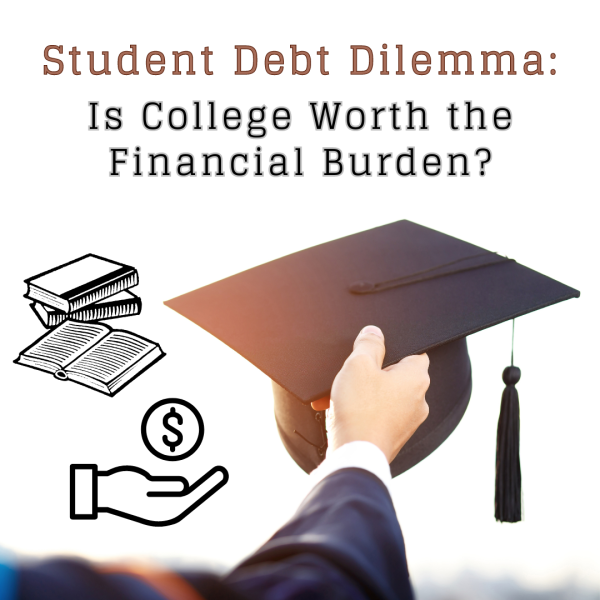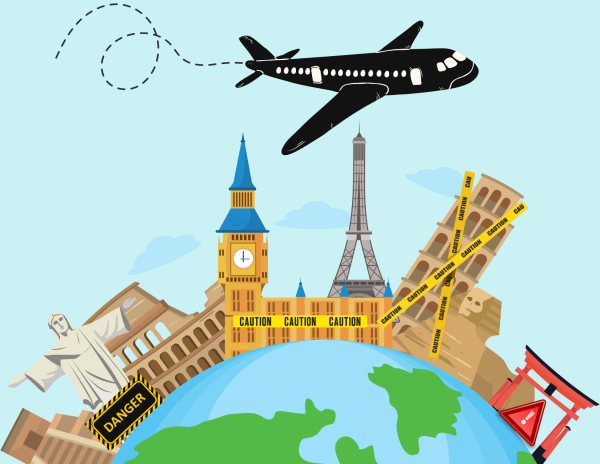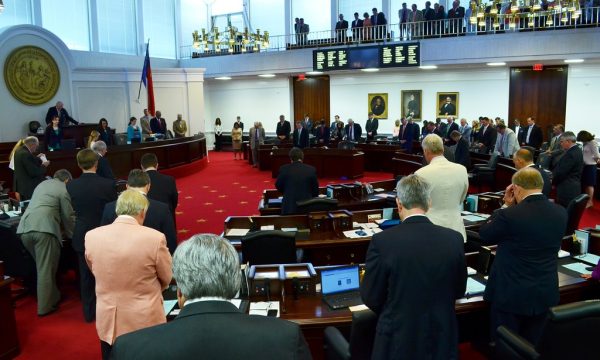A year without social media: following a new path
My investigation on how social media affects adolescents, while also reflecting on my own experiences.
This time last year, I was idly browsing Instagram and other social media platforms several times a day like many of my peers. Over winter break, I decided to rid myself of the burden of social media, hoping to attain a stronger sense of confidence, independence and relaxation. In celebration of this anniversary, I’ve investigated social media’s implications: How does it affect us psychologically?
Our society projects a plethora of advertisements of flawless women and men, but we’ve all come to know that these are just fabrications of beauty: heavily photoshopped, professional makeup and lighting, etc. Rae Jacobson from Child Mind Institute argues that social media brings such unrealistic standards closer to home, as classmates and peers share idealized versions of their lives. Personally, my self-doubt increased when I viewed the facades of others’ happiness or self-assurance; friends were enjoying parties while I stayed at home, or girls had radiant skin while I was breaking out.
Personally, my self-doubt increased when I viewed the facades of others’ happiness or self-assurance; friends were enjoying parties while I stayed at home, or girls had radiant skin while I was breaking out.
Dr. Jill Emanuele, clinical psychologist, points out that social media heightens expectations for an age group that is already vulnerable to low self-esteem. She states that “if [a teen is] struggling to stay on top of things, or suffering from low self-esteem, they’re more likely to interpret images of peers having fun as confirmation that they’re doing badly compared to their friends.”
Furthermore, immense pressure is placed on adolescents to fit into a particular group, contributing to higher levels of stress. The Huffington Post found that social media users are 14 percent more likely than non-users to characterize their lives as at least “somewhat stressful.” In addition, non-users are 28 percent more likely than users to say their lives are not stressful at all. John Dick from the HuffPost writes that a certain “image” is a large part of maintaining social media accounts; 40 percent of those users admitted to posting content that will improve their image. Likewise, I would often, subconsciously, emulate trends from other Instagram accounts based on the amount of likes or how frequently I saw them; this caused me to be hyper-focused on portraying the most desirable version of my life and self.
Social networking allows millions of people to extend their connections around the globe and exchange cultures or ideas, but this interaction has transformed into a center of “forced societal norms,” explains Tristan Naraine, a writer who has analyzed the correlation between individualism and social media. For example, selfies are typically meant to show “beauty or personality,” Naraine quotes, but the abundance of self-marketing on apps like Instagram have had the opposite effect. Similar to modeling, users imitate popular poses and styles of successful accounts to gain the approval of others through likes or comments. As more people aim to emphasize certain features, such as full lips or eyebrows, what is considered beautiful simultaneously narrows. I remember scrolling through my friends’ photos and noticing numerous similarities between them: angle, facial expression, outfit, hair, makeup, you name it.
Volunteers from Mr. Holcomb’s fourth period AP Psychology class participated in an experiment I designed to examine high schoolers and their relationship with social media. Half of the students took a two-day break from their social accounts, while the other half did not. After the two days, both groups took the same survey questioning self-esteem, stress, and feelings of individuality. Overall, participants who spent more than three hours on social media each day felt less unique, pressured to post validating content and experienced higher stress levels compared to non-users.
So, what does this all mean? Are social media users doomed to unhappiness? The answer is no, but it’s vital to recognize that the real world does not exist in the palm of your hand. Life should be explored through face-to-face interactions and experiences without reliance on followers or internet status; it doesn’t hurt to take a break every so often. I’ve spent twelve months outside of my generation’s social focal point, but found that the world in front of me offers much more to learn.














